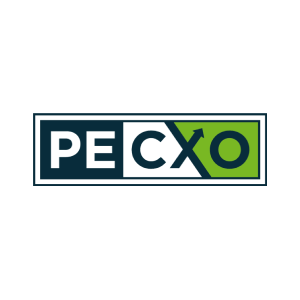- An economic downturn can negatively impact dealmaking, fund performance, exits and fundraising, which in turn can affect equity payouts and career trajectories.
- While PE closed on a strong note in 2023, the average holding period for buyouts is currently at 7.1 years (Source: Preqin Pro) – the longest since 2000. Our readers are currently feeling the impact – in a recent PE-CXO survey, 55% of respondents shared that longer hold periods and current interest rates are significantly impacting their career plans.
- Executives who successfully navigated the 2008 recession and 2020 pandemic today stand out as elite leaders with compelling and impressive stories to tell. This signals that perhaps, weathering rough economic cycles with vigor can in fact deepen one’s expertise and thereby strengthen one’s professional profile.
- To navigate these trends, executives should aim to boost leadership capabilities, diverse technical skill sets and aim to lead with pragmatism to generate long-term growth.
It is no secret that the state of our economy is closely tied with private equity performance. A challenging economic environment can impact the ability to yield results — not to mention draw out hold periods and lead to declining valuations. For executives charged with driving growth and leading a successful exit, any unpredictability can foster not only doubt in the overall trajectory of a company, but also in one’s own career path.
This reality, coupled with an already constrained talent market underscores the need to remain agile and adapt one’s career plans to the here and now. To further delve into today’s landscape and identify ways to enhance your leadership capabilities during an economic downturn, continue reading below.
Why it Matters: How Today’s Market is Shaping PE Executives

Despite a number of factors driving global uncertainty (see Bain & Co. graphic above), PE closed on a strong note in 2023, with deals valued at $124 billion (Source: E&Y). This positive trend aligns with previous down cycles. In fact, a report by Northwestern University uncovered that when compared to public peers, private equity firms weathered the Great Recession more effectively, outperforming them (Source: Private Equity Helped Firms Weather the Great Recession (northwestern.edu). Recent research seems to suggest a similar Covid-19 dynamic:
“Private equity-backed...
